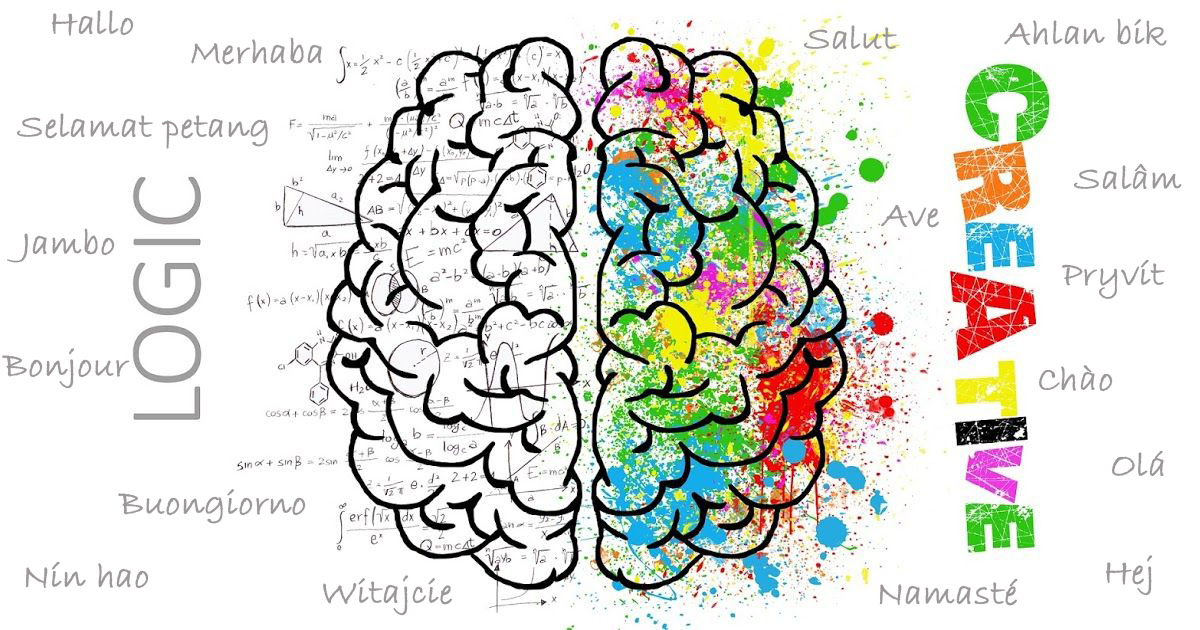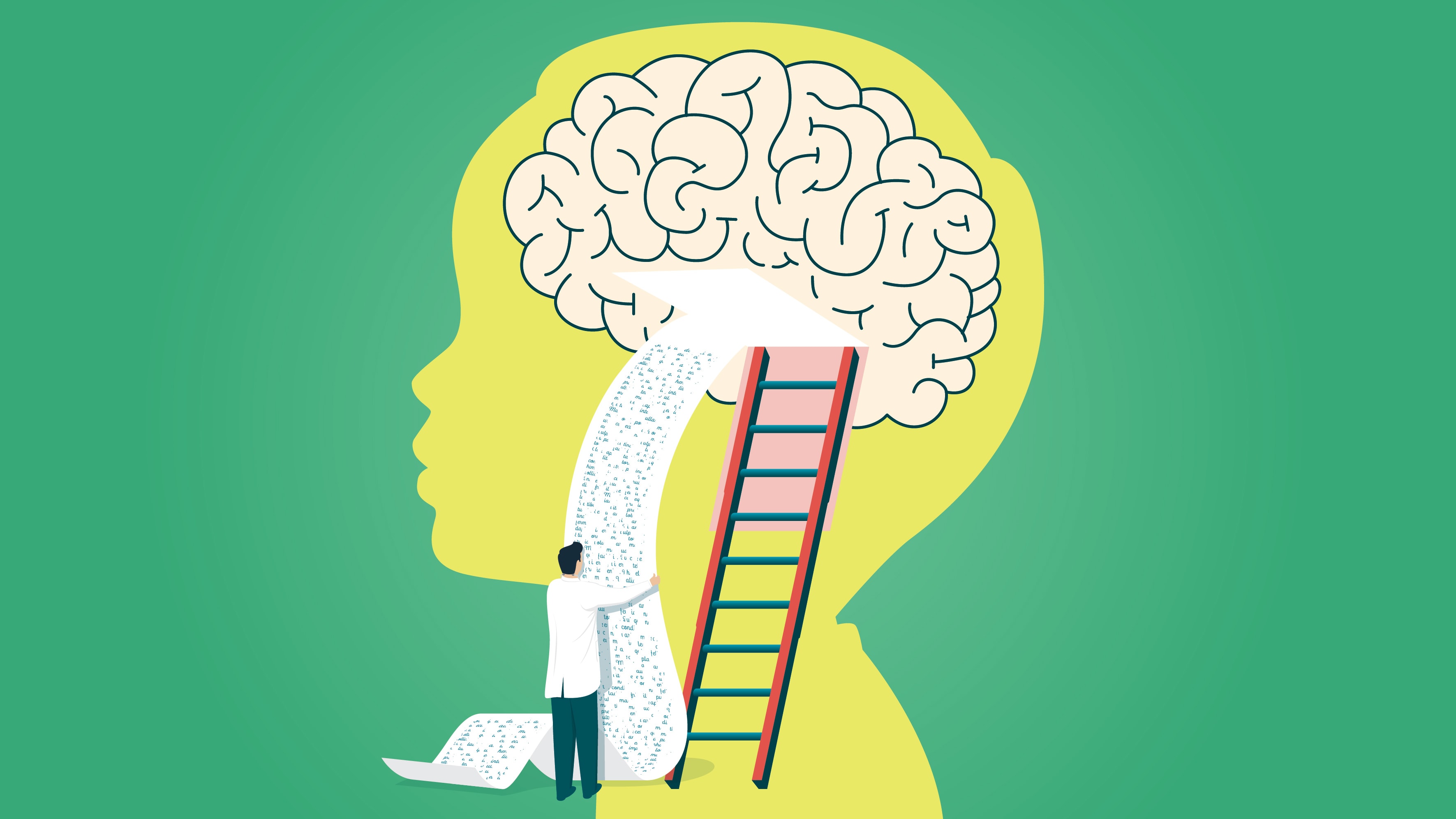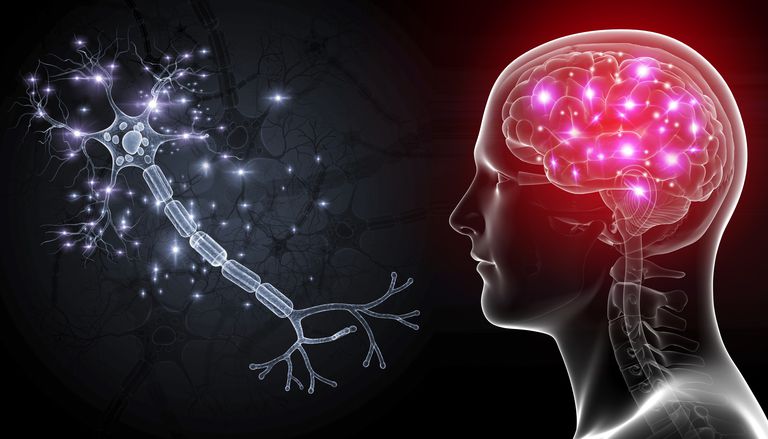
Brain benefits of learning a new language
New language, new horizon
New language is a window to new cultures, allowing us to connect with others around the world. There are a lot of benefits for learning a second language — to advance your career, make traveling more pleasant, and expand your cultural horizons.

Besides having a more pleasant time traveling or watching movies without subtitles, knowing two or more languages implies that your brain may actually look and function in an unexpected way compared to monolingual people around you.
Language ability is regularly measured in two dynamic parts, speaking and writing; and two passive parts, listening and reading. Whereas a balanced bilingual has near equal abilities across the board in two languages, most bilinguals around the world know and utilize their languages in varying extents.
Recent advances in brain imaging technology have given neurolinguists a glimpse into how specific viewpoints of language learning influence the bilingual brain.
New language benefits for children’s brain

It’s difficult to believe now but, in the past, raising children in a bilingual home was not a good thought. Before the 1960s, bilingualism was considered a handicap that slowed a child's development by forcing them to spend so much energy distinguishing between languages.
It's well known that the cerebrum's left hemisphere is more dominant and analytical in logical processes, whereas the right hemisphere is more active in emotional and social ones.
The fact that language involves both types of functions while lateralization develops gradually with age, has led to the critical period hypothesis.
As indicated by this theory, children learn languages more easily in light of the fact that the plasticity of their developing brains lets them utilize the two sides of the equator in language acquisition, while in many grown-ups, language is lateralized to one hemisphere, usually the left.
Specialists thought their brains would become confused which would result in developmental delays, poor academic performance, and stunted intellectual growth.
Youngsters who study a foreign language receive a boost in overall cognitive development, perform better on standardized tests, are more creative, and have better confidence and sense of achievement in school.
Second language studies help students, regardless of race, gender, or academic level, do better in other areas of study across the board including better reading skills, social studies, and math.
New language benefits for adults’ brain

“Those who know nothing of foreign languages know nothing of their own.” — Johann Wolfgang von Goethe
A large number of individuals engage in online brain training to keep mentally sharp, but learning a second language is an infinitely more rewarding utilization of your time.
A research showed that people who learned a second language in adulthood exhibit less emotional bias and a more rational approach when facing issues in the second language than in their native one.
But regardless of when you acquire additional languages, being multilingual gives your brain some amazing advantages.
Brain cells

A portion of the consequences of learning a new language are even visible, for example higher density of the grey matter that contains most of your brain's neurons and synapses, and more activity could be found in specific regions when engaging a second language.
Protect against aging

The heightened workout a bilingual brain receives throughout its life can also help postpone the beginning of diseases, like Alzheimer's and dementia up to five years. This is significantly better than the best Alzheimer’s medications which can delay symptoms by just 6-12 months.
Thinking and memory abilities

Language learning helps improve individuals' thinking skills and memory capabilities. Bilingual students concentrate better, ignoring distractions more effectively compared to others. Since the language centers in the brain are so adaptable, learning another language can develop new regions of your mind and strengthen your brain's natural ability to focus.
Try to be a bilingual!

Thus, considering the benefits of learning a new language that was discussed, while bilingualism may not necessarily make you smarter, it does make your brain healthier, complex and actively engaged. Even if you didn't have the good chance of learning a second language during your youth, it's never too late to help yourself out and make the linguistic leap from, "Hello," to, "Hola," "Bonjour" or "你好’s" ; because with regards to our brains, a little exercise can go a long way!
Persian language, a different experience
As we described before about Persian language, learning this great language can teach you a world of new experiences in a different aspect. Moreover, considering the different prescribed form of writing, practicing and learning the Persian alphabet is a new exciting challenge and skill for your mind. You can simply start learning the Persian language by studying our free courses.






Leave a Reply
Your email address will not be published. Required fields are marked *
All Comments (9)
Sarah J
David
William James
Jazlinmarie
ironman